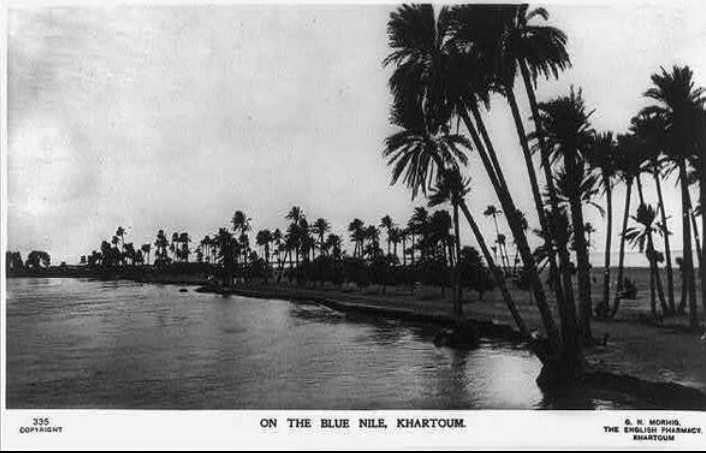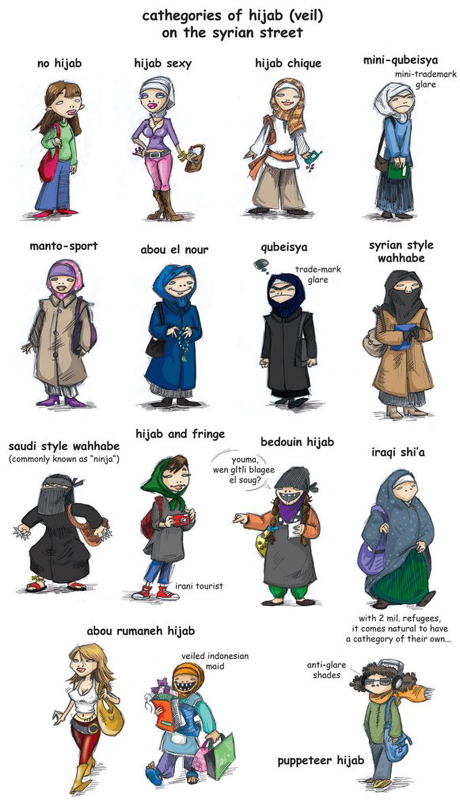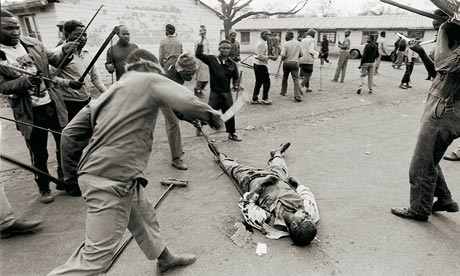It seems all my recent posts are published at 4am, with very little proofreading and more of an emotional outpouring in response to the situations I find myself in. Maybe I should invest in a diary instead...
***
So, you might find my tone in this post a little different. I have decided to jump feet first into the fray, helping out where I can and doing what I think is right. Taking the moral road, if you will.
You know what I've learnt? It is actually scary as hell.
I don't know if I am supposed to say that. I really don't. Perhaps I should be strong and courageous in the face of adversity and not be admit apprehension...but experiencing things first hand is different indeed to hearing stories. It makes you truly appreciate what *ahem* actual freedom fighters go through. It makes you ask the question, is it really worth it?
I think it is. I really do. The sad thing is though, I am not sure everyone else shares that opinion, and that is what truly scares me. For if your everyday Sudanese doesn't care for their country... why will anything change?
***
I like to make a habit of talking to the raksha (tuk-tuk) drivers and the shop keepers and what not to get a feeling for what the average citizen is feeling.
Let me tell you this: the average citizen is weary.
Khalas, they tell me: enough.
'Life is hard, tough, ridiculous... how can we keep living? Where is this country going??' They ask me.
I don't have an answer, because I wonder the same thing.
'Why don't you try to change things?' I ask them.
"Why should we?"
***
Why should we?
This is the question that makes Sudan different from the case of say, Egypt.
People are not overwhelmingly proud to be Sudanese! They don't want to do things for their country.
Oh, they will be proud of their tribe, that is for sure. They will tell you yes! I am Shaygi, Ma7as, Ja3fari... and they will defend their tribal name to the death! But defend their country? No...
I was given the example once that if you walked into a restaurant and started loudly bad mouthing Sudan, you wouldn't elicit a response. If you walked in and slandered a tribe though, oh, lord forbid! You would have to be brought out in a stretcher.
To be honest, as someone brought up in Australia I had never considered the tribal aspect of being Sudanese until I returned and Sudanese people would ask me: "So, where are you from?"
"..uh..Sudan?"
"No, who are your people??"
"...uh...My people?..."
*cue awkward conversation endings that included answers like: uh..engineers? ..lovers of rnb?*
Odd, I thought. (They all thought I was odd too, trust me).
Why is it, that people have such strong tribal affiliations but no connection to their national identity?
Perhaps it is because, as my cousin so aptly put it, Sudan has given them nothing.
Sudan, as a nation, doesn't support its citizens.
There is poor education,
A health system that kills more than it cures,
An economy that is strangling its people,
...and even if you make it through all that, there is no opportunity for progress.
Everywhere you turn, people tell me, things are made difficult for you. My own experience backs this up completely: to register at a university or even change a tire takes an entire day, because you have to chase every.single.thing.up.yourself.
I have been told by numerous Sudanese people not to bother trying to change anything. Just get out!
Why?
Because apparently, Sudan isn't worth the hassle.
It isn't worth getting caught or arrested for, it isn't worth being afraid or losing opportunity for... Sudan, they tell me, is getting worse and there is no uphill from here.
***
I disagree.
***
I don't think it is going to be easy.
I don't think it is one person's fight -- or even just one generation's fight.
I don't think it will happen quickly, or painlessly.
But you know what? I think it has to happen.
I think the people have to believe that Sudan is worth fighting for. Because it is!
It is the land of the Nile, a land of culture, family, food, hospitality and tradition.
A land with promise!
A land that needs its people to believe in it.
Oh yes, the idealism of the youth, my older, more jaded family members tell me.
You will learn that this system strangles the hope from you they say.
Well, let it try.
***
I have learnt a lot over the past few days...
Learnt how difficult it is to control something like a "movement"; sometimes you just have to go with the flow,
How to speak as a "we" rather than an "I",
What people will give up for the cause,
What lengths people will go to in protection of the status quo...
To think, I only came to the country to learn Arabic!



 A small incident occurred in my life a couple of weeks ago that I had trouble processing.
A small incident occurred in my life a couple of weeks ago that I had trouble processing.









